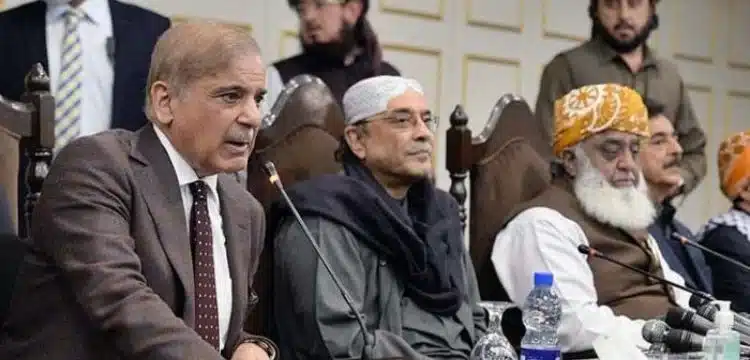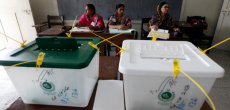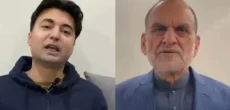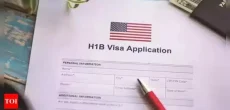[vc_row][vc_column][vc_column_text dp_text_size=”size-4″]The Pakistan Peoples Party (PPP) and other members of the Pakistan Democratic Movement (PDM) are joining forces to establish a coalition government following the February 8 general elections. None of the political parties secured the required number of seats to achieve a majority in the National Assembly, leading to the formation of a coalition government.
In the proposed government, familiar faces are expected to play key roles, with the PPP nominating Asif Ali Zardari for the position of president. This marks Zardari’s second term as president, having previously served as the 11th president of Pakistan from 2008 to 2013. Hailing from Sindh, Zardari is a prominent landowner and the widower of the late Pakistani Prime Minister Benazir Bhutto. His political career includes stints as the Federal Investment Minister and the Chairperson of the Pakistan Environmental Protection Council.
Read more: Nawaz Sharif Designates Shehbaz As PM, Maryam As Punjab CM
Following a meeting of the PPP Central Executive Committee (CEC), leaders reached an agreement with the Pakistan Muslim League-Nawaz (PML-N) to secure key positions such as the senate chairman and provincial governors. This collaboration highlights the strategic alliances formed among political parties to ensure effective governance.
The coalition government includes a diverse mix of parties, such as the Pakistan Muslim League-Nawaz (PML-N), Pakistan People’s Party (PPP), Muttahida Qaumi Movement-Pakistan (MQM-P), Pakistan Muslim League (PML), Istehkam-e-Pakistan Party (IPP), and the Balochistan Awami Party (BAP). Discussions on governance strategies took place during a meeting at Chaudhary Shujaat Hussain’s residence, where leaders outlined plans for the coalition government.
Asif Ali Zardari’s nomination as president indicates a continuity of experienced leadership within the coalition. The collaboration aims to address the challenges facing Pakistan and work towards the country’s progress and stability. The involvement of various political parties underscores the need for a unified approach in governing the nation.[/vc_column_text][/vc_column][/vc_row]











